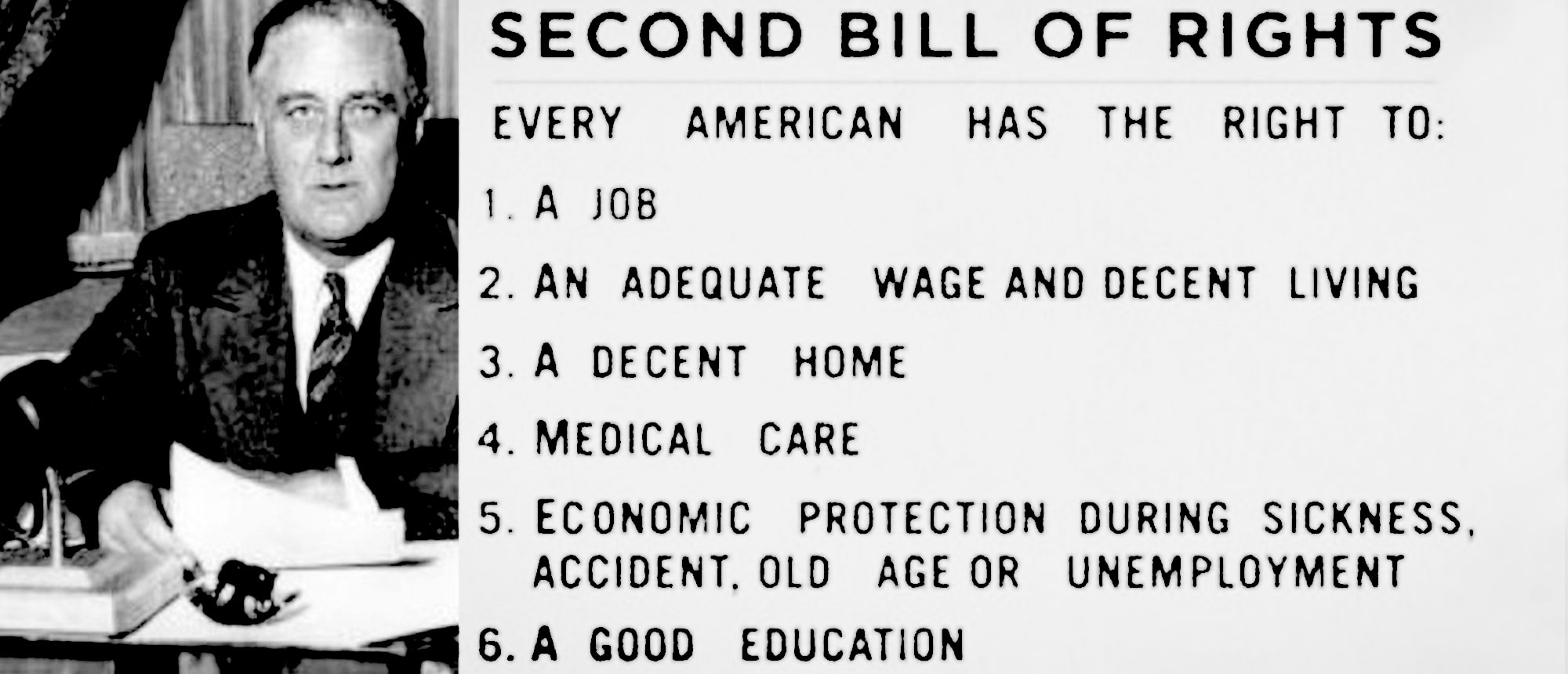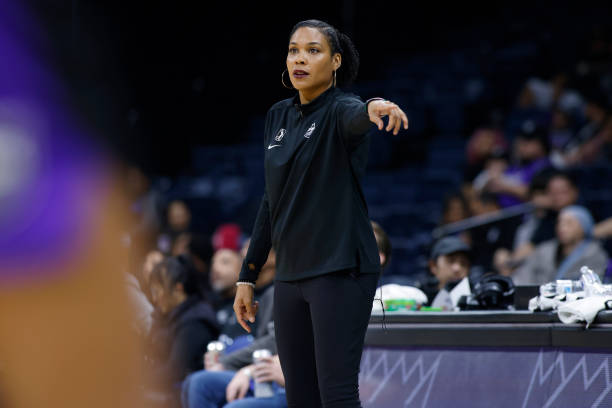(ThyBlackMan.com) Every day, we engage in preventative measures to avoid so many illnesses and diseases, including cancer, high blood pressure and heart disease. But what do we do to protect one of our most valuable organs, our eyes? As African Americans we are five times as likely to develop macular degeneration and glaucoma, which are both leading causes of blindness in the black community.
The following guidelines are great ways to better protect ourselves from these and other preventable eye conditions:
1. Regular checkups. When was the last time you had an eye exam? The Amercan Academy of Ophthalmology recommends an eye exam before age 5 to check for childhood problems like lazy eyes or crossed eyes. Check-ups should then be on a yearly basis. It’s normal for vision to change with age, particularly after 40, but continued annual exams should help detect and  prevent any serious problems. Anyone with diabetes with a family history of eye problems or African-Americans over 40 should check with their doctor about more frequent visits. (After 40, African Americans may need more frequent checkups because of an increased risk for glaucoma.)
prevent any serious problems. Anyone with diabetes with a family history of eye problems or African-Americans over 40 should check with their doctor about more frequent visits. (After 40, African Americans may need more frequent checkups because of an increased risk for glaucoma.)
2. Eye protection. Sunglasses aren’t the only protective eyewear you can depend on. Obviously anyone working around construction, manufacturing, or any job with machinery and flying particles must wear eye protection. Even when you’re working around the house, you should guard your eyes.
3. Visual SPF. Sunglasses block harmful ultraviolet and other rays than can play a role in cataracts and macular degeneration. Be sure your sunglasses have 100 percent UV protection. “The blue wavelengths–violet and blue–hit the retina,” says Dr. Lylas Mogk, co-author of Macular Degeneration: The Complete Guide to Saving and Maximizing Your Sight. “The best filters against blue are in the amber-orange-brown range of commercial sunglasses.” You should always wear sunglasses when outside (and not just in the summer), but especially in high glare areas like snow or water. A wide-brimmed hat is great for blocking rays—even if it counteracts the cool of your aviators.
4. Contact care. Be sure to have a pair of glasses with a recent prescription in cas of any irritation you can change over. Wearing your contacts when your eyes are irritated can turn a simple problem like irritation into a significant problem like ulcers. Also, make sure you care for the lenses properly.
5. Nutrition. Green leafy veggies like kale, collard and mustard greens, and spinach are good for the eyes because they contain lutein. Studies indicate that such things can reverse symptoms of macular degeneration. Getting plenty of omega-3 fatty acids from fish and flax can help prevent dry eyes. Avoid omega-6 fatty acids, this can be tricky in the American diet. Omega-6s are in vegetable oils. They counteract the good omega-3s.
6. Lubricate. Our eyes get dryer as we age. The oil part of your tears comes from little glands around your eyelids. As you blink, oil is supposed to coat the eyes. If you don’t have a good eye slick, the tear film evaporates and eyes feel dry. This triggers extra tear glands, to cause your eyes to tear up when they are dry and irritated. Omega-3 helps with this process. Also, heat and air conditioning can cause dry eyes, especially if you sit near a vent or fan unit. Be sure your car vents aren’t blowing toward your face.
7. Quit smoking. Need another reason to quit smoking? You got it. Smoking increases the risk and accelerates the development of cataracts, macular degeneration and optic nerve damage.
8. Eye strain. Any work that involves a great deal of focus can mean you may not blink as frequently. A lot of computer work and Internet surfing can take a toll. It’s always good to take a break or change focus. Artificial tears can help with eyestrain by lubricating the eyes to help you work longer.
9. Talk to your family. Eye problems are often hereditary. If you are diagnosed with glaucoma or another eye condition, share that information with your immediate and extended family. The sooner people are diagnosed, the more that can be done to treat and prevent further damage.
10. Stay healthy. Exercise increases circulation, this can lower pressure on the eyes and help those who have glaucoma. In addition, getting annual exams for every part of your body may lead to early detection of diseases like diabetes or other systemic conditions that can lead to eye problems.
Written By Marcus Williams




















Cataract and macular degeneration are age related ocular disorders and they can be prevented or slow down their progression by healthy food and nutrition. Many vegetables and fruits have powerful anti-oxidants which help to decrease and prevent cell damage.
Age related macular degeneration does not happen to black people very often. In fact, it is very rare for this disease to happen to black people. AMD usually affects elderly white people. I know about this because I’m white and this eye disease is on both sides of my family and a juvenile form of it is on my mother’s side. Glaucoma is on my dad’s side and cataracts are on both sides of my family. We also have nearsightedness in my family.
You are correct about glaucoma blinding black people at a higher rate than whites. You can also get cataracts, too. Your information about how to protect your eyesight is also excellent.